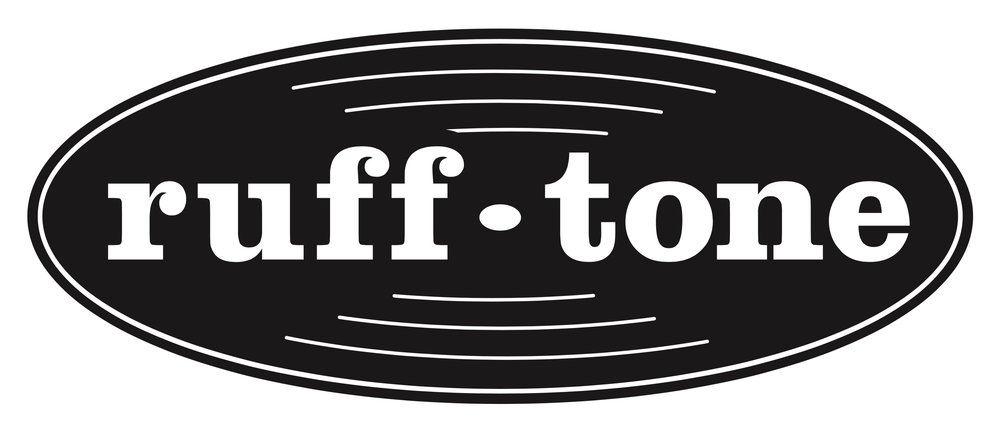Ok, we’re gonna go back to the music with Emanuel Ruffler, he is a pianist and composer, he has performed and recorded since his arrival in New York from his native Germany. In 1998 Ruffler won the Thelouious Monk composers competition, his winning competition was a lava and it was performed at the Smithsonian and in 2003 Meshell Ndegeocello released Aquarium, which Ruffler wrote with Sabina Sciubba from Brazil[ian Girls]. Ruffler has perform with Joe Chambers,Cindy Blackman, Gene Jackson, Duane Eubanks, JD Allen,list goes on... Wallace Roney, when I saw him it was with Wallace Roney just to name a few. Well I had the opportunity to interview him about his new CD and it was interesting the things he said about studying music here in the US. We’ll hear from him. A couple of weeks ago you heard one of the tunes from his CD; today we'll hear “Jazz Dakar”, and that is the title and the tune that we will hear. Thank you so much for joining me this morning, great to have you along.
How did you develop an interest in jazz music? So, I'm from a part of Germany that has kind of a rich - I know it sounds funny - but a rich jazz tradition, which is Munich. And as I found out as I grew up and there was, there has been a Jazz interest in Munich since the sixties and I think a lot of artists from the States came through. And a little bit of [...] a niche industry developed with studios and labels. A few of the greatest jazz labels in my opinion are still in Munich: One of them is ECM, Enja is another one, some really good clubs. That maybe had more activity than you would expect for a city of that size. The second thing is my dad is a big jazz fan, so he had all the records, the 45s, he had, you know, some of the Blue Note Catalog; so i had a lot of access to the music and that really, really got me going, you know, using my ears basically.
Ah, hearing the music, it makes a difference. Now who provided your best music lesson and what was that lesson? In retrospect I was almost a little bit disappointed with my music education that I received in Germany, because when I came to the United States the type of information and the way to exchange ideas was so much more advanced and so much deeper that I did really get my best lessons when I was around I think 17 years old was the first time I travelled to New York and took some lessons - and that really kind of changed my approach to learning and what is important. So if you know really the lesson started here.
Which musician would you say inspired you and your musical development? So this is always a great question and it's always hard to draw the line where to end, because there's so many. I think for me really getting into jazz and becoming obsessed with jazz started with Miles Davis. Miles Davis is my number one Jazz icon and i’ve really been studying his music for all these years and he's really the one that got me into it. So i’d have to mention him first. But then of course I had the chance to study with people like Jaki Byard, Barry Harris, Mulgrew Miller. So all these people really helped me on my instrument, to find that kind of sound and that's really what I'm most interested now, other piano players and seeing how they use the instrument.
Now i wanna talk about your album. The title is “Jazz Dakar”. Why did you decide on the title “Jazz Dakar”? Jazz Dakar was a song that I wrote and somehow I was interested in the connection between Jazz and Africa, right? I had actually travelled to Dakar at some time in 2019 and that was a big experience for me and my family. To spend some time in Africa and really see some connections of Black culture in Africa and in America and how it affected the things that I had learned over the years; the roots of obviously the rhythms but also little things like how you communicate with people. Or how you strike up a conversation which is all important for Jazz, right? So we had “Jazz Dakar” almost like a working title for a while. But then it just stayed and it became the name of that song and then the single. I think that Dakar in particular is obviously this very iconic place in Africa. That's the most Westward [..] point of Africa and then it has the sad slave trade history that is front and center every time you go to any kind of monument, so it's a place of reflection. And it actually then turned out that it's something all of the people in the band resonated with, and they had also been to Dakar or another West African country and, you know, it became kind of a shared experience for us.
Interview by Ellen Carter on WPFW, Morning Brew & Union City Radio - Jazz Notes Edition aired on 12/7/2020
